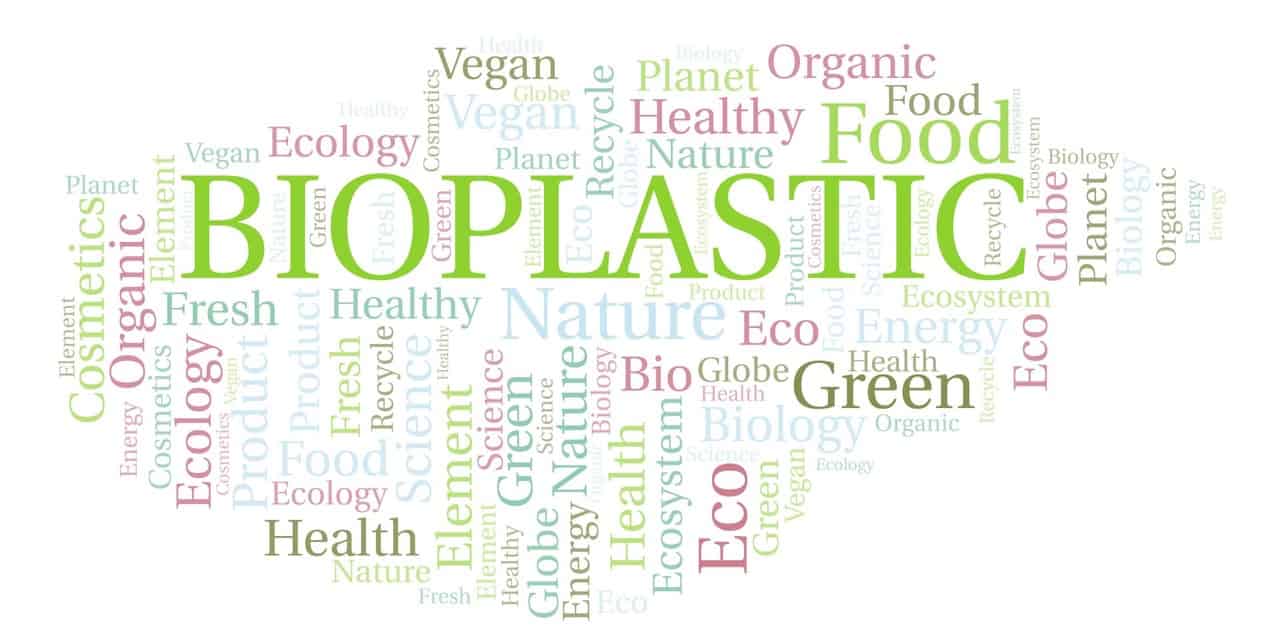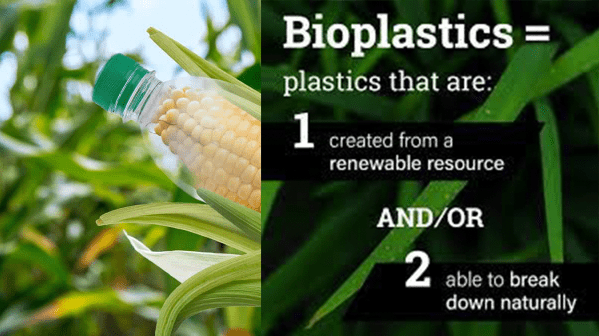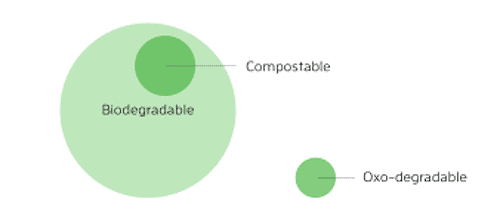Most modern-day plastics are made from petroleum. How- ever, it is possible to make several different types of plastics from plant or even bacterial sources. This seems to offer hope that these bioplastics will be more environmentally friendly than their petroleum counterparts. The reality is that bioplastics and their contribution to sustainability are complicated issues. It’s important that consumers understand the properties of different types of bioplastics, what happens when they are disposed of, and whether bioplastics can truly reduce pressure on the environment.
Who sets the standards for what is and is not biodegradable or compostable?
The most recognizable international standards come from two international agencies, the American Standards for Testing and Materials, or ASTM, and the International Organization for Standardization, or ISO.
Plastics that claim to be compostable should also include labeling that says what standard the product complies with. For example, they may say that they comply with ASTM D6400 or ASTM D68681. One requirement of the ASTM standards is that 90% of the organic carbon in the product will be converted to carbon dioxide within 180 days in an industrial composting facility. In other words, the product will not compost in a home compost heap. Compostable bioplastics require the high heat and oxygen available in industrial composting facilities to properly degrade. If the products are not composted under these conditions, they will likely persist in the environment for decades or longer.
In the United States, the Federal Trade Commission provides guidance about the labeling of biodegradable or compostable plastics. It states, “Marketers should qualify compostable claims if the product can’t be composted
at home safely or in a timely way. Marketers also should qualify a claim that a product can be composted in a municipal or institutional facility if the facilities aren’t available to a substantial majority of consumers.”
Read more link




Pura Vida Bioplastics = Real Certificates USDA BIO-BASED, TUV, BNQ, GREEN AMERICA Home Compostable – Breaks down 3-4 months without Chemicals
Get a Quote